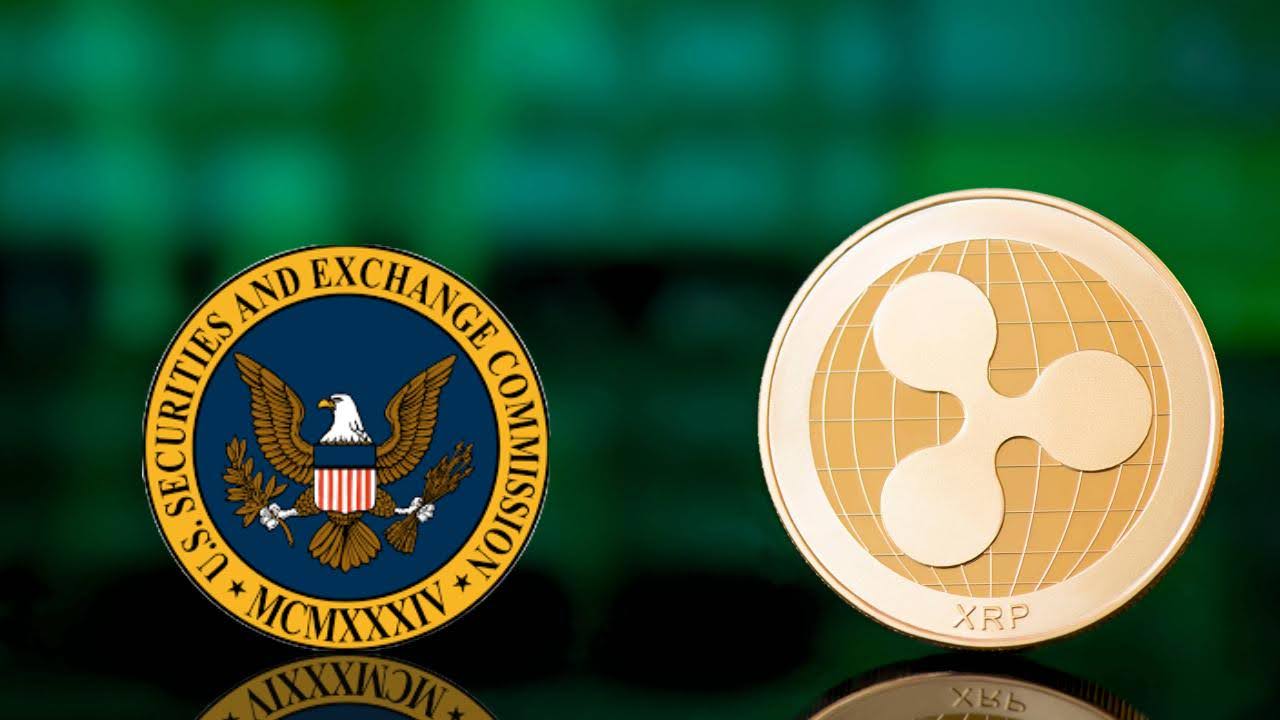Ripple is making waves in the cryptocurrency regulatory landscape by submitting a detailed legal framework to the Securities and Exchange Commission that could fundamentally reshape how digital assets are classified and regulated in the United States. Following a May 20 meeting with the SEC’s Crypto Task Force, Ripple’s senior legal team submitted a formal letter on May 27 outlining specific criteria for determining when cryptocurrency tokens should no longer be treated as securities in secondary market transactions. The proposal builds upon the landmark 2023 SEC v. Ripple Labs decision, where Judge Analisa Torres ruled that while institutional XRP sales constituted investment contracts, the token itself was not inherently a security when traded on secondary markets.
The cryptocurrency company’s framework centers around a “maturity” test that would provide clearer guidance than the current ambiguous “decentralization” standard that has created confusion across the industry. Ripple proposes that tokens should be exempt from securities regulations when material promises from issuers remain unfulfilled and when subsequent holders no longer retain enforceable rights from original investment contracts. This approach aims to establish definitive legal boundaries for digital assets that have evolved beyond their initial offering phase, addressing the regulatory uncertainty that has plagued the crypto sector for years.
Central to Ripple’s argument is the assertion that Congress, not regulatory agencies, should fill any gaps in existing cryptocurrency legislation. The company emphasizes that without explicit delegated authority, new legal standards must originate from lawmakers rather than regulatory improvisation by agencies like the SEC. Ripple’s legal team argues that imposing additional securities law obligations on tokens operating in established, transparent ecosystems would be inappropriate, particularly for assets that have been trading openly in broad liquid markets for significant periods.
The proposed framework represents a strategic challenge to current SEC oversight methods, with Ripple contending that well-established digital assets integrated into the financial system no longer pose the risks that originally motivated securities regulations. The company advocates for a structured safe harbor provision that would guide market participants operating in good faith while preventing regulatory overreach on mature cryptocurrency networks. This comprehensive approach could potentially influence broader crypto regulatory policy if adopted, offering the industry the clarity it has long sought while protecting investor interests through targeted oversight of genuinely risky investment schemes.





